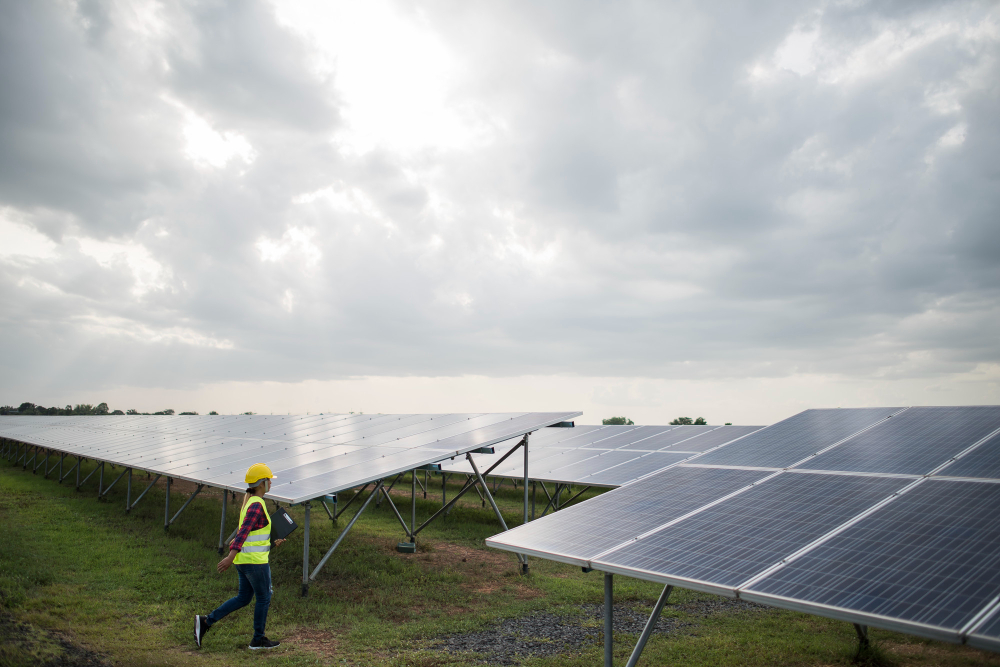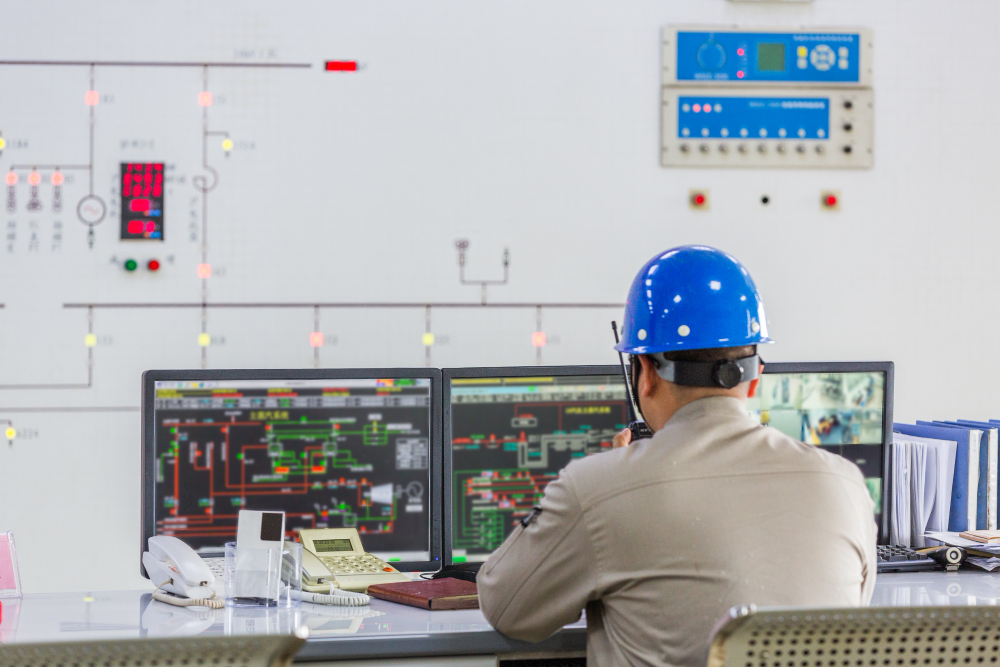
The manufacturing sector plays a major role in the global economy, but its significant energy consumption and carbon footprint present a growing challenge. As sustainability becomes a core business driver, manufacturing facilities are rethinking their operations and strategies as they face increasing pressure to adopt greener practices and reduce their environmental impact.
Integrating industrial renewable energy solutions is no longer just an ethical choice; it’s a strategic move for achieving long-term cost savings and competitive advantage. So, how can manufacturers leverage green energy solutions to decarbonise their operations and secure a sustainable future?
The Business Case for Industrial Renewable Energy
The advantages of using renewable energy in manufacturing can go beyond environmental stewardship. Economically, adopting renewable energy helps businesses hedge against the price volatility of fossil fuels, leading to greater long-term cost stability. This financial predictability is a powerful incentive for any business planning for the future.
Furthermore, embracing green energy enhances a company’s brand reputation, attracting a new generation of environmentally conscious customers and talent. It also meets the growing expectations of investors who scrutinise a company’s ESG performance.
The benefits of green energy also include staying ahead of evolving regulations and avoiding potential carbon taxes or penalties, which could impact the bottom line. These factors combined create a compelling business case for renewable energy in manufacturing.
Key Renewable Energy Solutions for Manufacturing
For manufacturers ready to make the shift, there are several viable solutions available:
- On-site Generation: Many facilities are well-suited for rooftop solar installations. These systems allow for direct consumption of clean electricity, reducing reliance on the grid and providing substantial long-term cost savings. To ensure maximum output, effective solar asset management is crucial for monitoring performance and maintaining the health of the solar system.
- Off-site Procurement: For companies with limited on-site space, off-site options are available. Corporate Power Purchase Agreements (PPAs) allow manufacturers to directly contract with renewable energy developers to purchase electricity from a specific project, such as a solar or wind farm.
- Renewable Energy Certificates (RECs): When direct procurement is not feasible, a renewable energy certificate offers a flexible solution. By purchasing RECs, a manufacturer can verify its clean energy consumption and offset its operational carbon footprint. This is a widely used and effective method for meeting sustainability goals.
Strategies for Integration and Efficiency
Once the right solutions are identified, a clear strategy for integration is essential. The first step is to conduct a comprehensive energy assessment to identify areas of high consumption and potential for efficiency gains. Industrial energy efficiency measures, such as upgrading to more efficient machinery or optimising production processes, can complement renewable energy adoption and lead to greater overall reductions.
It’s also critical for manufacturers to partner with experts to navigate the complexities of integrating these solutions. From technical implementation to understanding market regulations, expert guidance ensures a smooth and effective transition. This collaborative approach enables businesses to adopt renewables and manage them for long-term success.
A Sustainable Future for Manufacturing
Integrating some of the best manufacturing practices is essential for a business’ long-term sustainability and competitiveness. The steps taken today to reduce reliance on fossil fuels can contribute to carbon footprint reduction and align with global climate goals. Manufacturers who embrace these green strategies will not only mitigate risks but will also secure a resilient future for their operations in the sustainable economy.
Ultimately, the benefits of green energy in the industrial sector are clear: enhanced brand reputation, cost savings, and long-term resilience. By leveraging a combination of on-site and off-site green energy solutions and partnering with companies like REDEX for expertise, manufacturers can make the transition towards a cleaner, more profitable, and sustainable future.


